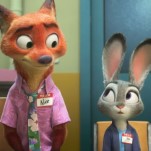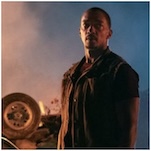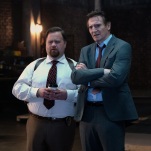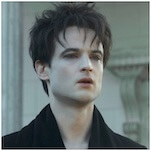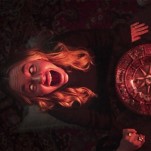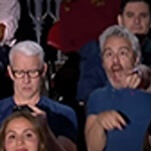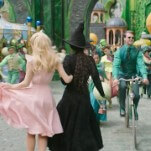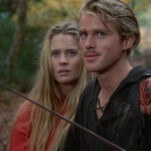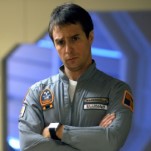Morgan
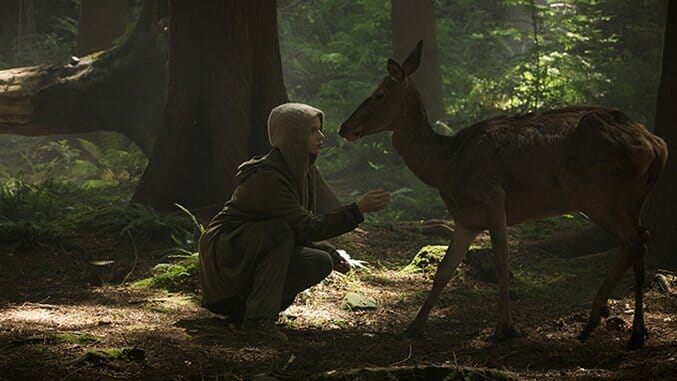
In a remote lab set in a concrete bunker deep in the woods, scientists have bio-engineered a synthetic human. To the shadowy company funding the super-secret project, the creation is an “it,” a product meant to be tested for viability and then patented. To the scientists that raise and care for her, she’s Morgan (Anya Taylor-Joy). And to Lee Weathers (Kate Mara), the risk management agent sent to investigate Morgan’s violent “setback” at the lab, Morgan is an assignment whose fate is in her hands.
Luke Scott’s Morgan is the first feature directed by Scott, son of Ridley, whose credits are few, with the most high-profile being second unit work on his father’s Exodus: Gods and Kings. Here, he’s operating on a small scale, and the moody, taut thriller that this debut aspires to be is certainly in keeping with entries from the Scott family. A number of scenes in Morgan recall moments from Ridley’s work (Alien and Hannibal, especially), but at its core this is a high-concept retelling of the Frankenstein story. Which is why the far superior Blade Runner, with its depiction of creations simultaneously falling away from and needing their creators, is the Ridley Scott film to which Morgan can best draw thematic comparisons.
The apple doesn’t fall far from the tree, and Luke also has his father’s penchant for applying his skill more to style than substance. Along with the prevalence of shadows, the film prioritizes mood and atmospherethough it does feature a washed-out color palette, emphasizing, as most modern films do, cold blues and pale yellows. But still, the result is a look that seems to have been given greater consideration than advancing the film’s plot in a way that doesn’t come off so desperately contrived.
Regardless, the promise is there. Morgan provides an avenue for entertaining complex ethical ideas regarding scientists and their creations. Some of the best scenes consider what it means to be human, to be mortal, to not know what one is while seeking out a measure of comfort and security in what others perceive you to be. It teases the possibility of becoming a thought-provoking psychological thriller, indulges in some tired horror tropes, and reveals its aspirations to do little more than resolve its dramatic tension in a flurry of fisticuffs and a surprise ending that isn’t.
-

-

-

-

-

-

-

-

-

-

-

-

-

-

-

-

-

-

-

-

-

-

-

-

-

-

-

-

-

-

-

-

-

-

-

-

-

-

-

-


